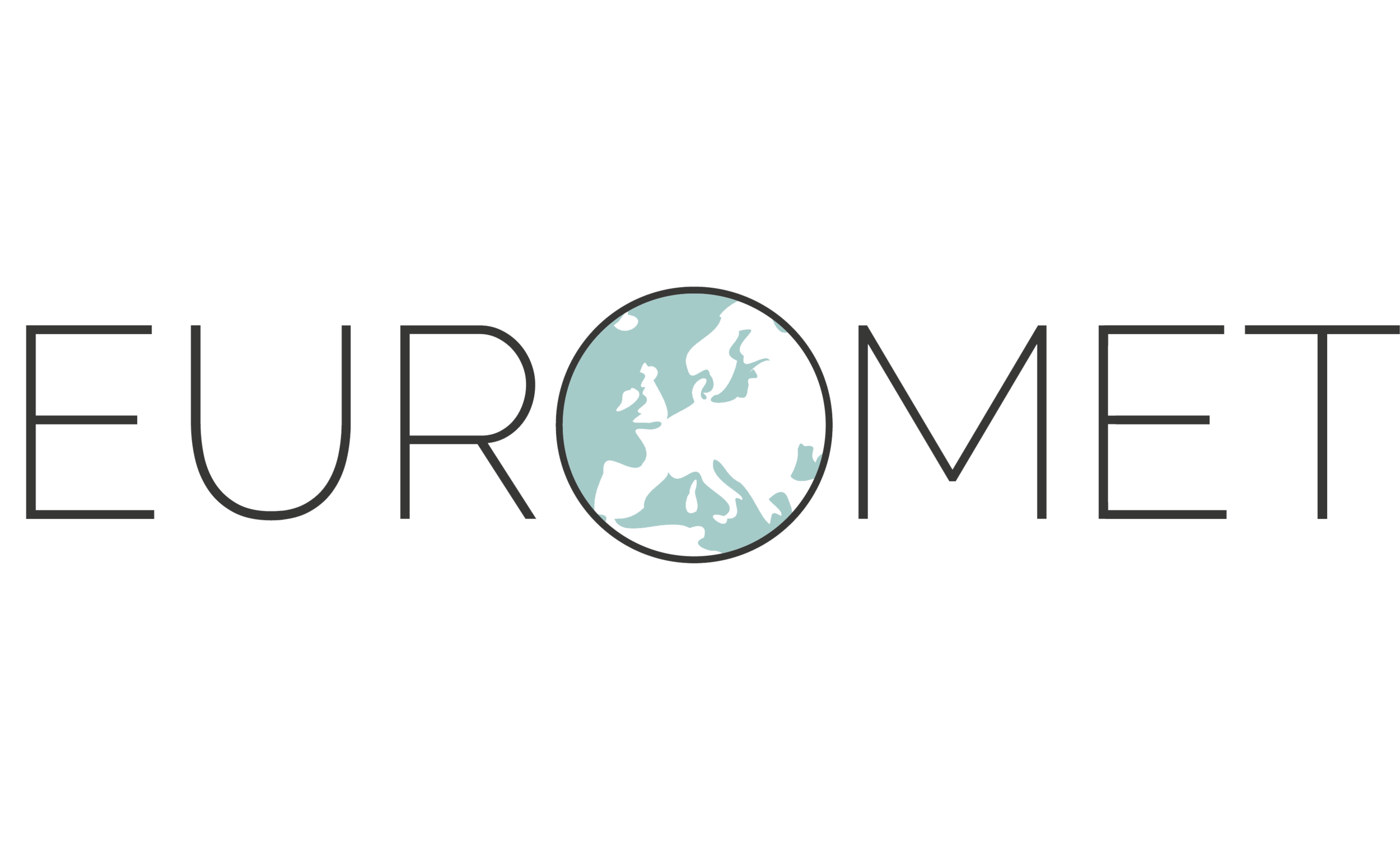EUROMET Member Info
Learn more about the members of EUROMET
De Zande
Name of the organisation:
Gemeenschapsinstelling De Zande
Address of the organisation:
Bruggesteenweg 130
8755 Ruiselede
BELGIUM
Website:
Contact person:
Steven Belet
E-mail address organisation:
About the organisation
The Gemeenschapsinstelling voor Bijzondere Jeugdbijstand (GBJ) “De Zande” is a governemental institution (Flemish Community – Agency of Youth Welfare) for girls (institution in Beernem) and boys (institution in Ruiselede).
The institutions are closed institutions for forced care and treatment. To those youngsters for who the juvenile judge decides that some kind of detention/protection and structured environment is needed, we offer an integrated programme of education, schooling, counselling, therapeutic treatment, etc. in order to facilitate less restrictive possibilities/ways of care and treatment (residential, foster care, projects, ambulant, …). This aspect of subsidiarity is a very important principle for the organisation of care and treatment in Flanders: young people should stay in a closed institution as short as possible.
· Girls institution:
Sint-Andreaslaan 5
8730 Beernem / BELGIUM
Phone number: 0032 50 799 100
· Boys institution:
Bruggesteenweg 130
8755 Ruiselede / BELGIUM
Phone number: 0032 51 650 100
Brief history of the organisation
Both institutions were established in the mid 19th century. In their aims and organisation they followed the different national and international tendencies concerning care and treatment of youngsters. At the moment, GBJ “De Zande” is one of the two closed institutions for youngsters in Flanders (Dutch speaking part of Belgium). Youngsters are placed in the institution by the juvenile judge, based on the national law of child protection and its regional (Flemish) principles to carry it out. This means that the target group exits of both young offenders and youngsters with major behavioral problems or who are in danger. Except age and the legal framework, there are no other criteria for admission.
This means that we (have to) work with a very heterogeneous target group in terms of DSM IV classifications or other criteria.
Life in the institution is organised in small units (6 to 10) and the courses in small class units (4 to 6). The educational and therapeutical treatment programmes are on a very individual base.
Although the average stay in the institution is rather short and it concerns a closed institution, youngsters can take part in outdoor activities and can go on weekend to their parents after a few weeks.
